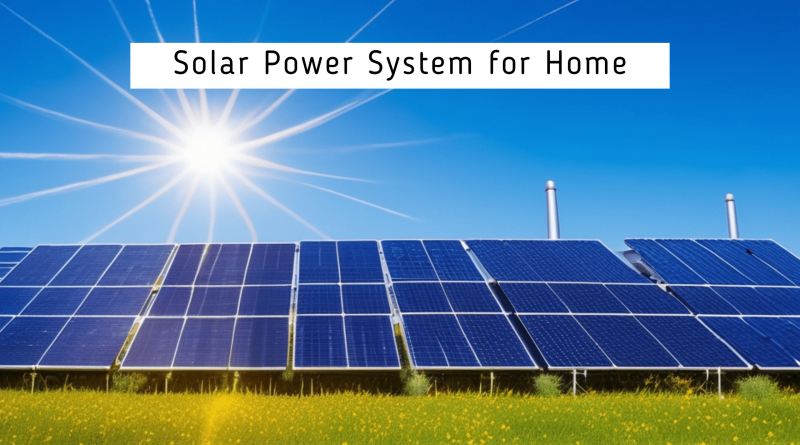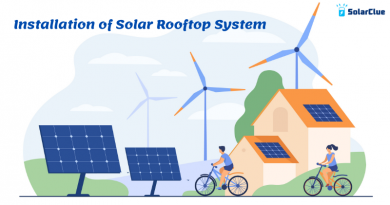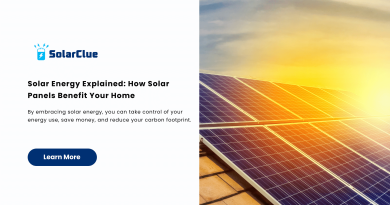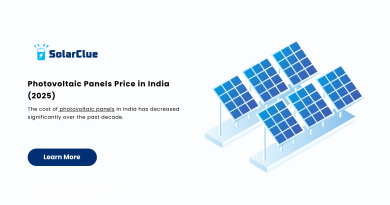Transforming Your Home with Solar Power Systems
In the modern world, when environmental issues are of utmost importance, using solar energy to power our devices has become both fashionable and essential. By lowering our dependency on fossil fuels and lowering our carbon footprint, solar power systems for houses provide a sustainable option. This blog dives deeply into the subject of solar electricity, examining its advantages, how it is installed, how to maintain it, and how it may turn our houses into green havens.
How do solar power systems help homes?
Homes can benefit greatly from solar power systems, which makes them a popular and environmentally responsible option for energy demands. Solar power systems benefit homes in the following ways:
Lower Electricity Expenses: One of the solar power system’s biggest benefits is its capacity to produce electricity from sunlight, which drastically lowers or even eliminates electricity expenses. Homeowners can reduce monthly costs by producing their own electricity through the use of solar energy.
Ecologically Friendly: With no greenhouse gas emissions or air pollution, solar energy is a clean, renewable energy source. Homes may lessen their carbon footprints and fight climate change by utilizing solar energy. It’s an environmentally friendly decision that will benefit future generations.
Energy Independence: Homeowners can achieve energy independence with solar power. Homes can reduce their need for traditional utility companies by producing their own electricity. This independence guarantees a steady power supply even in the event of grid faults or power outages, protecting homeowners from growing energy expenses.
Enhanced Property Value: Generally speaking, homes with solar power systems are worth more. Homes with reduced or no electricity costs tend to draw in potential purchasers, which makes solar-powered homes more appealing and marketable.
Financial benefits: To promote the construction of solar power systems, numerous governments provide financial benefits. These financial aid packages, which increase the cost and accessibility of solar energy for homeowners, could include tax credits, rebates, and net metering initiatives.
Low Maintenance: In general, solar power systems require little upkeep. Typically, routine cleaning and sporadic inspections are enough to guarantee peak performance. This ease of use stands in stark contrast to the conventional power sources’ need for constant maintenance.
Understanding Solar Power Systems
Describe solar energy.
Photovoltaic cells are used to capture solar energy and turn it from the sun’s beams into electrical power. This endless renewable energy source is also good for the environment.
How Do Systems for Solar Power Operate?
Sunlight is captured by solar panels and transformed into direct current (DC) electricity. This is converted by inverters into alternating current (AC) electricity that can be used to power houses.
Solar Power System Types
Grid-Tied Systems: These systems enable households to use solar power in addition to conventional electricity because they are connected to the local utility grid.
Off-Grid Systems: These off-grid systems need battery storage to store extra energy for usage at night or on overcast days.
Installation Process of Home Solar Power Systems
Site Evaluation and Scheduling:
Professionals evaluate the site’s solar potential, taking into account elements including roof quality, shadowing, and exposure to sunshine. The evaluation directs the placement and design of the system.
Installing Solar Panels:
The solar panels are firmly fixed on the roof or in the garden, guaranteeing maximum solar radiation. Accurate installation is essential for producing energy with efficiency.
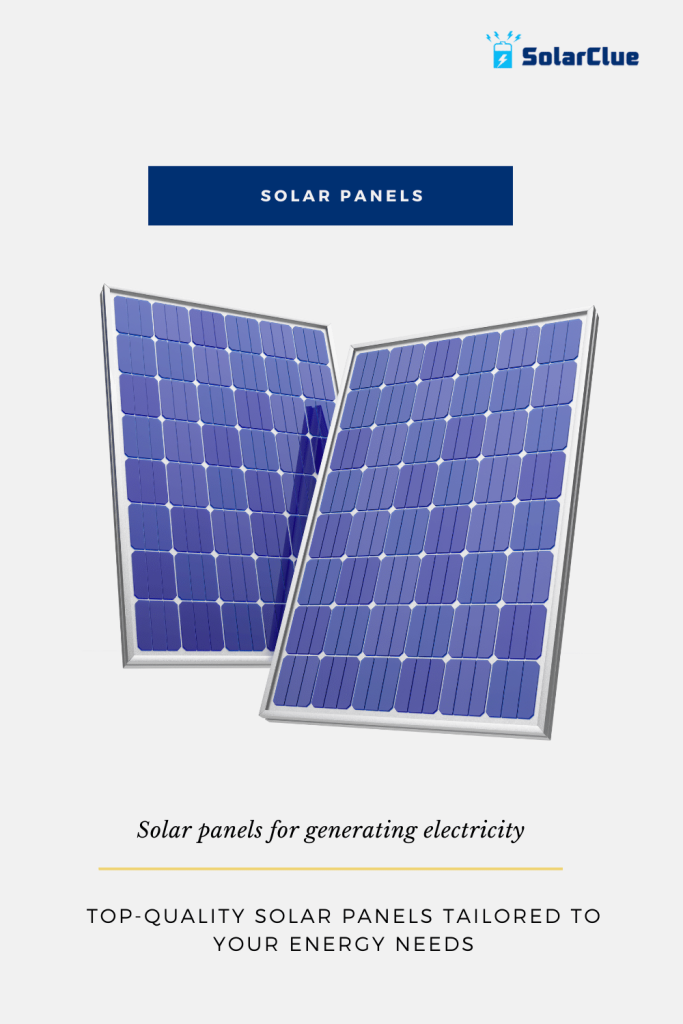
Inverter and Battery Setup:
Inverter and Battery Setup Batteries and inverters are installed, if necessary. Batteries hold extra energy for later use, while inverters transform DC electricity from solar panels into useful AC electricity.
Maintenance and Handling of Residential Solar Power Systems:
A. Frequent Cleaning and Examining
Regular cleaning guarantees optimal absorption of sunlight. Regular inspections find problems early, enabling prompt fixes and the best possible system operation.
B. Tracking the Production of Energy
With specialized apps, homeowners can keep an eye on their energy production, ensuring optimal system performance and quickly spotting possible issues.
C. Handling Typical Problems
Skilled specialists can handle typical problems like inverter failures, guaranteeing the system runs properly for the duration of its life.
Selecting the Best Option: Important Considerations
Financial Incentives and Budget
Examine the spending plan and take into account any financial advantages that may be available, such as tax credits and rebates, to reduce the cost of installing solar electricity.
Selecting the Appropriate Solar Panels
To ensure optimal energy generation and lifespan, choose solar panels that are robust, long-lasting, and have excellent energy conversion rates.
Locating a Trustworthy Installer
Choose a reliable solar energy provider with skilled workers to ensure correct installation and after-installation assistance.
Myths Dispelled About Solar Power Systems
Myth 1: In cloudy weather, solar panels are ineffective
Even on foggy days, solar panels can still produce electricity, albeit more slowly, thus energy production is uninterrupted.
Myth 2: Solar Power Systems Need a Lot of Maintenance
Solar power systems are a hassle-free option because they require little maintenance—just routine cleaning and sporadic inspections.
Myth 3: Solar Energy is Inconsistent
Improvements in solar technology combined with energy storage systems provide a steady supply of electricity even in low-sun periods.
Upcoming Trends in Residential Solar Energy
Solar Technology Advancements
Research continues to yield improvements that increase the applications of solar power, such as transparent solar cells and flexible solar panels.
Solutions for Solar Energy Storage
Innovations in energy storage, such as better batteries and sophisticated capacitors, increase energy storage capacity and guarantee a steady power source.
Including Solar Energy in Intelligent Houses
Smart home solutions that integrate solar power can optimize energy use and minimize waste by enabling efficient energy management.
Final thoughts:
To sum up, installing solar power systems in houses is a big step in the direction of a sustainable future. Beyond the money, it shows a dedication to protecting the environment and making the world a greener place. Solar power systems will become even more useful, affordable, and essential to our everyday lives as technology develops. Accept solar energy as a viable option that can help shape a future that is cleaner, greener, and more sustainable.

